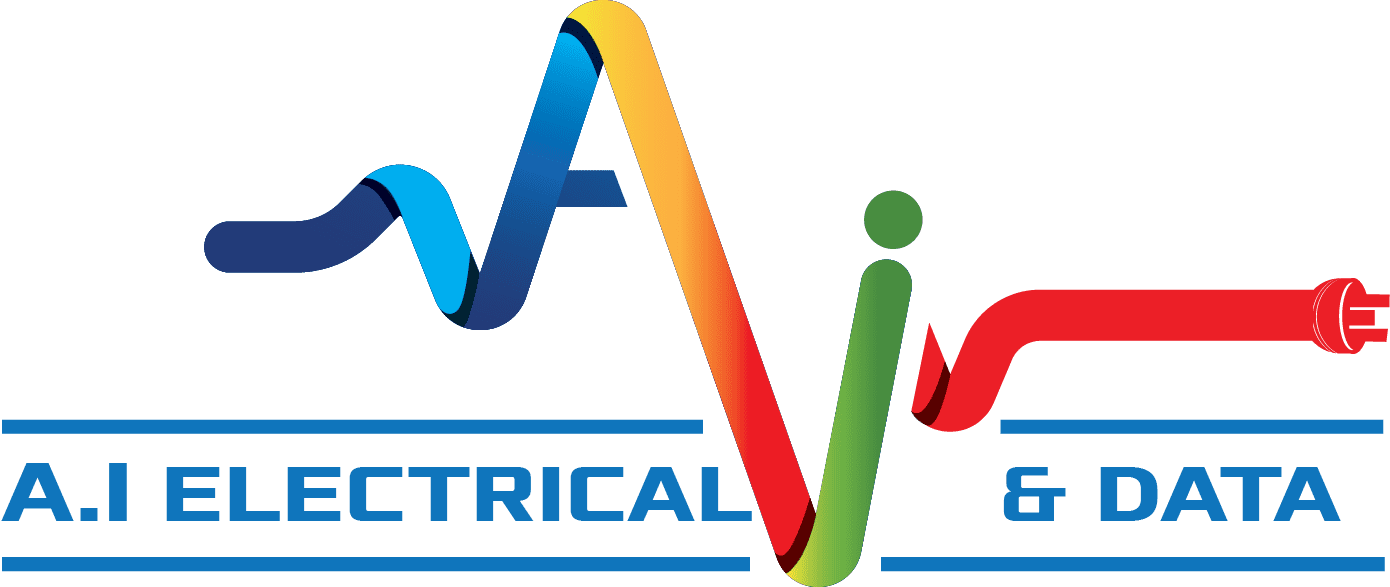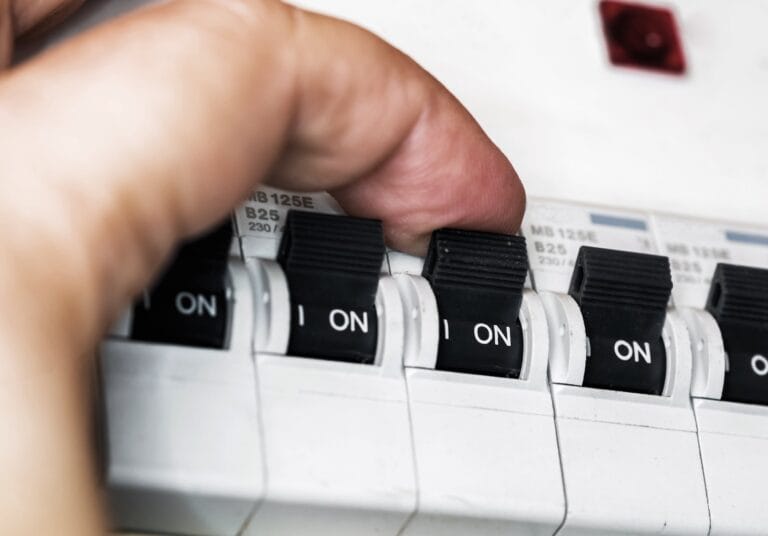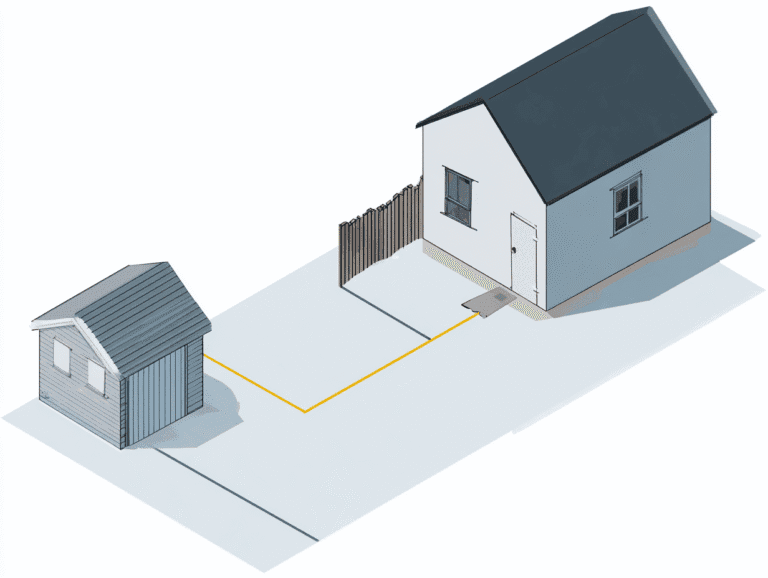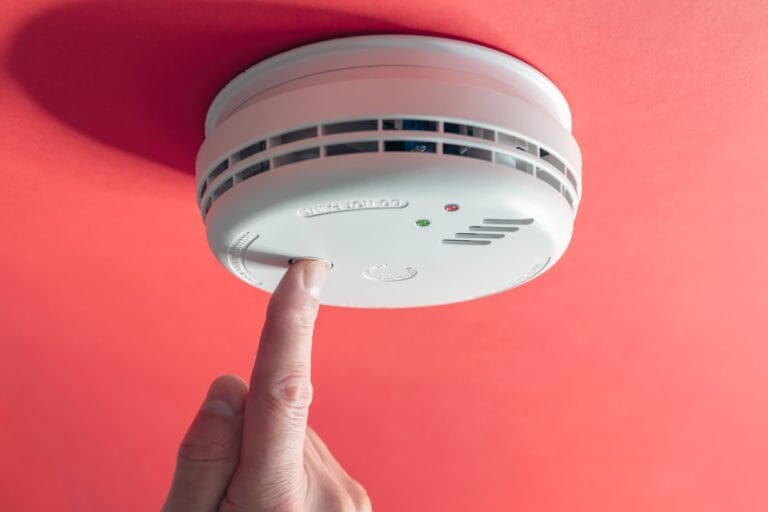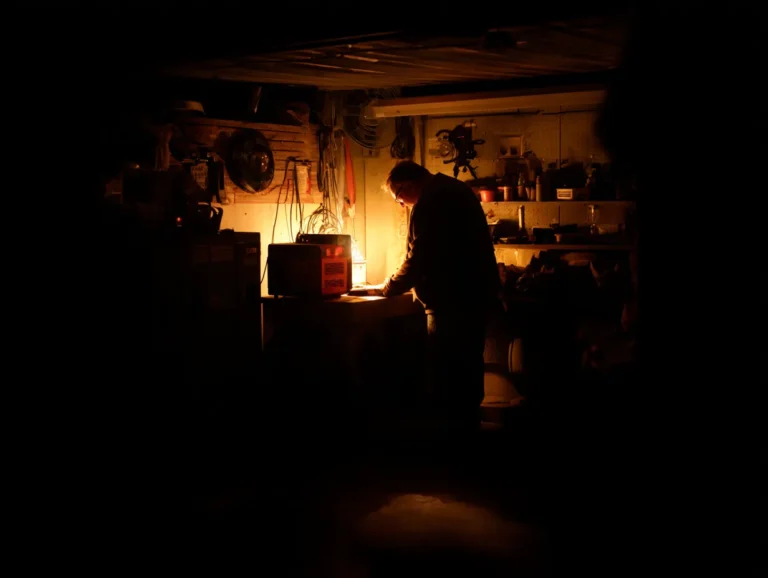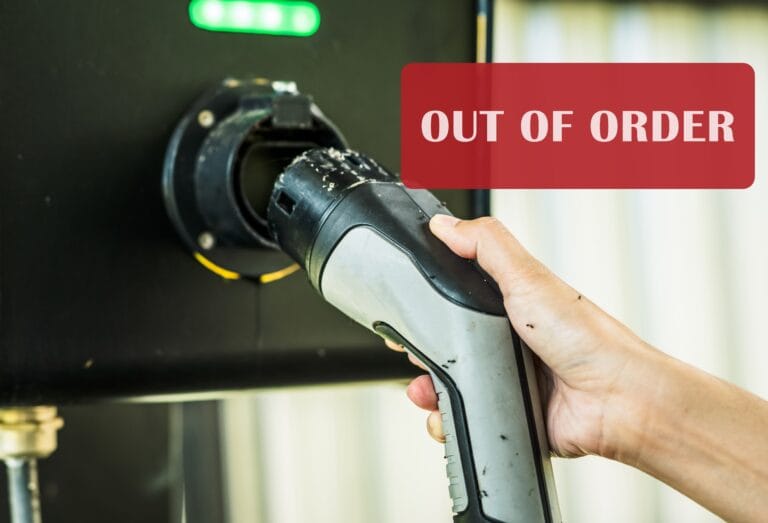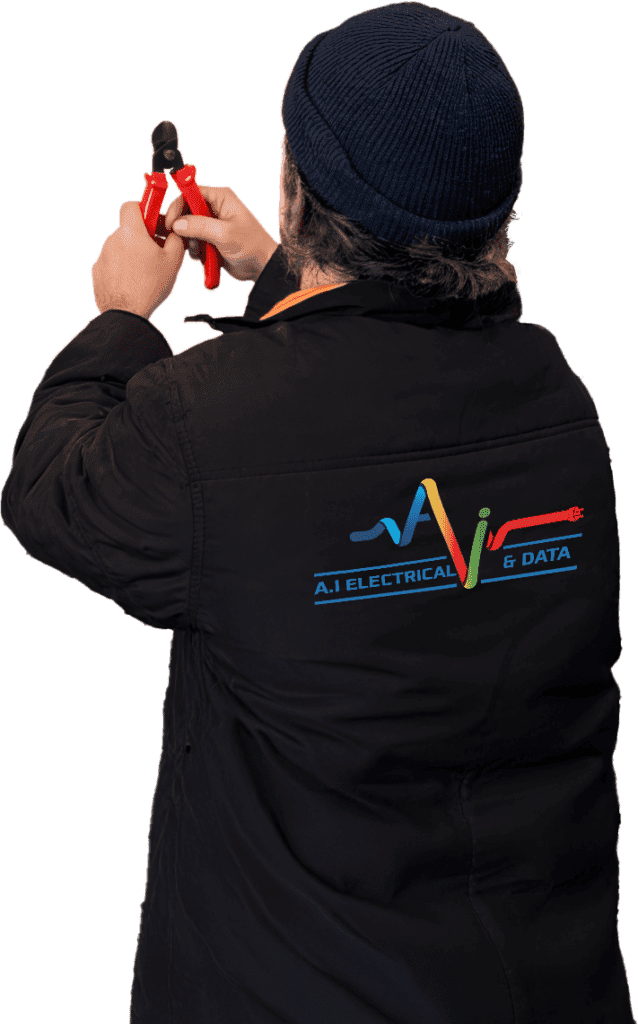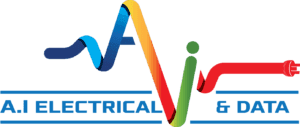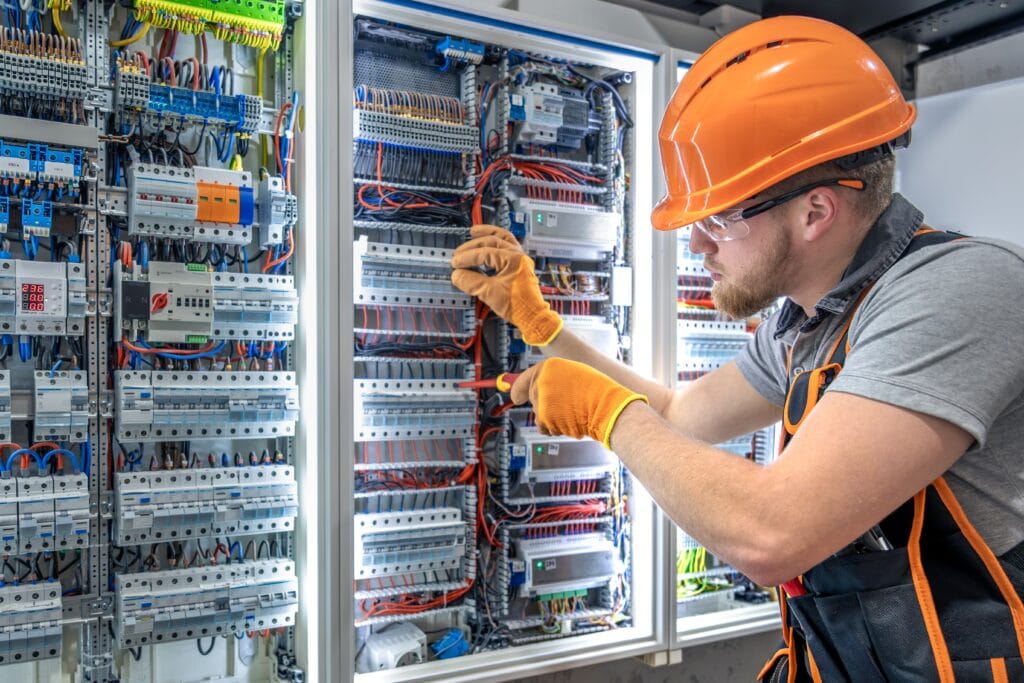
Electrical work in your home or business requires expertise, precision, and strict adherence to safety standards. When you need electrical services in Victoria, the stakes are high—improper installations or repairs can lead to fires, electrocution, or significant property damage.
Finding a licensed electrician Victoria residents can trust isn’t just about convenience—it’s about legal compliance and safety. Victorian law prohibits DIY electrical work and requires all installations to be performed by registered professionals through Energy Safe Victoria (ESV). This regulatory framework exists to protect you, your property, and the broader community.
This guide covers everything you need to know about electrical safety Victoria standards, including:
Choosing the right electrician in Victoria starts with knowledge. Let’s explore how to make informed decisions that keep your property safe and compliant.
The Role of Energy Safe Victoria in Ensuring Electrical Safety Standards
Energy Safe Victoria (ESV) is the main regulatory authority for electrical safety in the state. Its main goal is to protect Victorians from electrical hazards by enforcing strict licensing and compliance measures. This government organization oversees all aspects of electrical work in the state, including training requirements and professional standards.
ESV’s Licensing System
ESV has implemented a licensing system that creates a comprehensive framework to differentiate between qualified professionals and unqualified individuals. The organization closely monitors:
The numbers tell a compelling story about Victoria’s electrical industry. ESV currently licenses approximately 45,000 active electricians and Registered Electrical Contractors (RECs) throughout the state. This substantial workforce ensures Victorians have access to qualified professionals capable of handling everything from routine repairs to complex commercial installations.
How ESV Protects Consumers
When searching for licensed electricians in Victoria, ESV’s regulatory framework provides your first line of protection. The right electricians carry valid ESV licensing, distinguishing reliable electricians from those operating outside legal boundaries. Good electricians understand that ESV oversight isn’t bureaucratic interference—it’s a quality assurance system that protects both workers and customers. The best paid electricians often maintain spotless compliance records, recognizing that ESV certification represents professional credibility worth maintaining.
Understanding Licensing Requirements for Electricians in Victoria
Becoming a licensed electrician in Victoria requires extensive training and hands-on experience. Here’s how the process works:
- Complete a Certificate III in Electrotechnology Electrician: This qualification provides the essential knowledge needed for the profession.
- Undergo a comprehensive apprenticeship: Typically lasting four years, this apprenticeship allows aspiring electricians to work under the guidance of experienced professionals.
The Importance of the A-Grade Licence
The A-Grade licence is the highest level of electrical qualification in Victoria. Electricians holding this licence demonstrate complete competency across all aspects of electrical work, from basic repairs to complex installations. This credential allows them to work independently and take full responsibility for electrical projects.
Role of Registered Electrical Contractors (RECs)
Registered Electrical Contractors (RECs) must employ licensed electricians to perform electrical work legally. The REC holds the business licence and carries the legal responsibility for all electrical installations completed under their registration. This two-tier system ensures accountability at both the individual tradesperson and business levels.
What the A-Grade Licence Guarantees
The A-Grade licence serves as your guarantee that the electrician has:
Importance of Verifying Credentials
Only electricians with proper licensing can issue Certificates of Electrical Safety (COES), making verification of their credentials essential before any work begins. The licence number provides direct traceability through ESV’s public register, offering immediate confirmation of their qualifications.
Legal Implications and Risks of Hiring Unlicensed Electricians or DIY Work
Victorian law strictly prohibits unlicensed electrical work for compelling reasons. Attempting DIY electrical repairs or hiring unregistered contractors exposes you to severe penalties, including fines exceeding $10,000 and potential prosecution. The legal requirements for electrical work exist to protect lives and property from the devastating consequences of faulty installations.
The Certificate of Electrical Safety (COES) serves as your legal proof that electrical work meets Victorian safety standards. Licensed electricians must issue this document after completing any installation work, whether major wiring projects or minor repairs. Energy Safe Victoria conducts regular audits of these certificates, creating a traceable record of all electrical work performed in the state.
Two types of COES exist:
When you choose the right electrician in Victoria, they understand these legal obligations and provide COES documentation without prompting. Missing this critical paperwork creates serious problems when selling your property, making insurance claims, or if electrical faults cause injury or damage. The certificate protects you legally by demonstrating compliance with safety regulations and provides recourse if issues emerge after installation.
Unlicensed work voids your home insurance coverage and creates liability exposure that far exceeds any perceived cost savings.
How to Verify an Electrician’s Credentials and Ensure Reliability
Protecting your property and family starts with confirming your electrician’s credentials before any work begins. The Public Register of RECs serves as your primary verification tool—this searchable database maintained by Energy Safe Victoria contains every licensed Registered Electrical Contractor operating legally in the state. Access the register online and search by business name or licence number to instantly verify electrician licence status.
Request documentation upfront:
Reliable electricians demonstrate professionalism through their communication style and business practices. They provide detailed, itemized quotes that break down labour costs, materials, and timeframes without hidden charges. Quality professionals answer your questions directly, explain the scope of work in plain language, and never pressure you into immediate decisions.
Red flags that signal unreliability:
Trustworthy electricians arrive on time, maintain clean work sites, and communicate proactively about any complications or changes to the original scope.
Exploring Different Types of Electrical Services Offered by Licensed Electricians
Licensed electricians in Victoria offer specialized knowledge and skills for both homes and businesses. Each sector has its own specific requirements and regulations that electricians must be familiar with.
Residential Electrician Services
Quality electrical work in residential properties includes a wide range of important services:
Commercial Electrical Services Victoria
Dependable electrical contractors catering to businesses address more intricate needs:
Commercial projects require electricians who have specific knowledge of workplace safety regulations, building codes, and the ability to work within the operational constraints of businesses.
Steps to Take Before Hiring an Electrician in Victoria
Choosing the right electrician in Victoria starts with asking the right questions before any work begins. Request to see their A-Grade licence and verify their registration through Energy Safe Victoria’s Public Register. Confirm they carry public liability insurance with minimum $5 million coverage—this protects your property and provides legal recourse if problems arise.
Essential questions to ask:
How to choose the right electrician in Victoria involves gathering multiple quotes from licensed professionals. Compare these quotes carefully, examining what each includes—materials, labour, timeframes, and any additional charges. The lowest price doesn’t guarantee the best value. Look for transparent pricing with detailed breakdowns of costs. A reliable electrician provides clear, written quotes without hidden fees and explains the scope of work in straightforward terms. Request references from recent projects similar to yours and check online reviews to gauge their reputation for quality and punctuality.
What to Do If You Encounter Unlicensed or Unreliable Electricians
Recognizing red flags early protects you from legal complications and safety hazards. An electrician who refuses to show their licence when requested raises immediate concerns about their legitimacy. Legitimate professionals carry their credentials and display them without hesitation.
Critical warning signs include:
If you suspect someone is performing unlicensed electrical work, report unlicensed electrician Victoria incidents directly to Energy Safe Victoria. Contact them immediately through their website or by phone. ESV investigates these reports to protect consumers and maintain industry standards. Document any interactions, quotes, or communications as evidence. Your report helps prevent others from encountering the same risks and holds unlicensed operators accountable under Victorian law.
Conclusion
Protecting your home and family starts with one simple action: verify your electrician’s credentials before any work begins. Energy Safe Victoria’s Public Register makes checking licensing status straightforward and takes just minutes—time well spent for your safety and legal protection.
When you hire licensed electrician safely Victoria, you’re not just meeting legal requirements. You’re ensuring qualified professionals handle dangerous electrical systems, guaranteeing proper COES documentation, and securing your right to recourse if problems arise.
How to choose the right electrician in Victoria comes down to three non-negotiables:
Don’t compromise on electrical safety. Licensed electricians are available 24/7 to handle your needs professionally, safely, and legally. Your peace of mind depends on making the right choice from the start.
FAQs (Frequently Asked Questions)
Why is it important to hire a licensed and trusted electrician in Victoria?
Hiring a licensed and trusted electrician in Victoria ensures compliance with local electrical regulations, guarantees safety standards are met, and provides legal protection. Licensed electricians possess the necessary training and credentials to perform electrical work safely and effectively.
What role does Energy Safe Victoria play in electrical safety?
Energy Safe Victoria (ESV) is the regulatory body responsible for licensing electricians and enforcing electrical safety standards across Victoria. ESV maintains the Public Register of Registered Electrical Contractors (RECs) and ensures electricians comply with safety regulations to protect consumers.
What are the licensing requirements for electricians in Victoria?
To become a licensed electrician in Victoria, individuals must complete an apprenticeship and obtain an A-Grade licence. This licence signifies that the electrician has met rigorous training standards and is authorized to perform various electrical services legally and safely.
What are the risks of hiring unlicensed electricians or doing DIY electrical work?
Hiring unlicensed electricians or attempting DIY electrical work can lead to serious legal consequences, void insurance coverage, and pose significant safety hazards. Additionally, unlicensed work may not receive a Certificate of Electrical Safety (COES), which is mandatory for both major and minor installations in Victoria.
How can I verify an electrician’s credentials before hiring?
You can verify an electrician’s licence status by checking the Public Register of Registered Electrical Contractors (RECs) maintained by Energy Safe Victoria. Reliable electricians will also provide clear communication, transparent quotes, and readily share their licence details and COES when requested.
What types of electrical services do licensed electricians offer in Victoria?
Licensed electricians in Victoria provide a range of services including residential repairs and installations, commercial electrical maintenance, compliance checks, and safety upgrades. Engaging a licensed professional ensures that all work meets regulatory standards for safety and quality.
